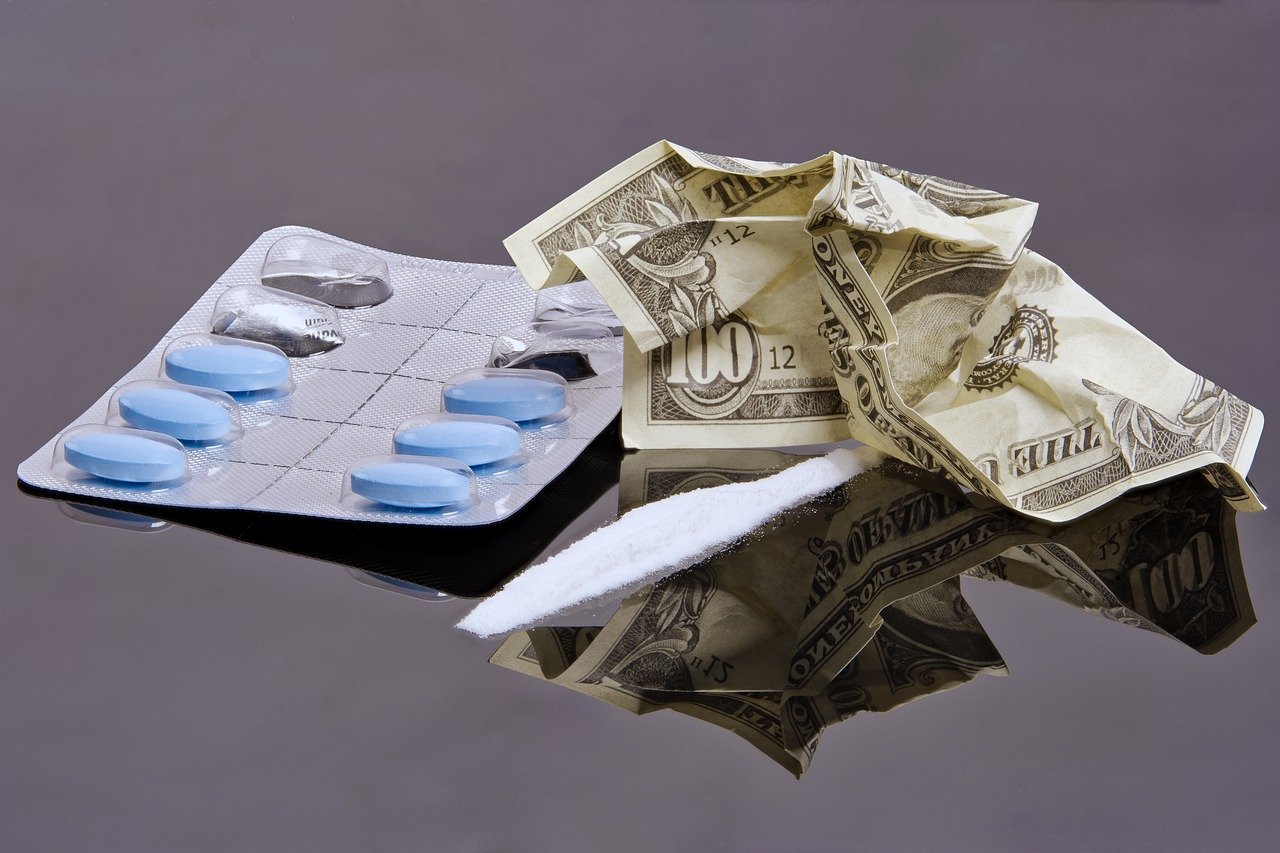Breaking the Chains: Understanding Addictions and Paths to Recovery
Addiction is a complex and pervasive issue that affects individuals from all walks of life. Whether it's substance abuse, compulsive behaviors, or other dependencies, the impact of addiction is significant. In this blog post, we will explore the nature of addiction, the reasons for it, the consequences, and provide accessible resources for recovery.
Addiction is more than a mere habit, whether it's substance or behavioral addiction, the core characteristics remain consistent: loss of control, continued use despite negative consequences, and cravings.
“Addictions impact the reward center of the brain to create an intense burst of pleasure, which involves an outpouring of the neurotransmitter dopamine. Addictions of all types are a shortcut to the sense of reward, which is normally obtained by working hard toward and eventually achieving some type of goal.” Psychology Today
Types of Addictions
Substance Use Disorders: Alcohol Use Disorder, Cannabis Use Disorder, Hallucinogen Use Disorder, Opioid Use Disorder, Stimulant Use Disorder, Tobacco Use Disorder, Vaping
Behavioral Addiction: Gambling Disorder, Video Gaming Disorder, Internet/Cellphone Addiction (including social media).
2. Exploring the Roots: Reasons for Addiction
Addiction doesn't arise in a vacuum; it's often fueled by various underlying factors. Understanding these reasons can shed light on why individuals may turn to substances or behaviors to cope. Common reasons for addiction include
Genetics and Biology: Some individuals may be genetically predisposed to addiction due to variations in their brain chemistry or inherited traits. Biological factors such as imbalances in neurotransmitters can influence addictive behaviors.
Psychological Factors: Mental health issues like depression, anxiety, trauma, or unresolved emotional issues can contribute to addiction. Substance abuse or compulsive behaviors may serve as a way to self-medicate or alleviate emotional pain temporarily.
Environmental Influences: Family dynamics, peer pressure, trauma, abuse, socioeconomic status, and cultural factors play significant roles in shaping addictive behaviors. Exposure to substances or addictive behaviors in one's environment can increase the likelihood of developing an addiction.
Social and Behavioral Factors: Social isolation, lack of coping skills, stress, or peer influence can contribute to the development and perpetuation of addiction. Behaviors like gambling or excessive gaming may provide temporary relief from stress or boredom, leading to dependency over time.
Developmental Factors: Early exposure to substances or traumatic experiences during critical developmental stages can alter brain development and increase vulnerability to addiction later in life.
3. The Ripple Effect: The Impacts of Addiction
The impacts of addiction are far-reaching, affecting not only the individual struggling with the addiction but also their loved ones and society at large. Some of the impacts of addiction are:
injuries to self or others while under the influence
feelings of anxiety, irritability or depression
trouble thinking clearly, memory problems, mood changes, poor impulse control
blackouts
strained and estranged relationships
job loss
financial instability by spending money on substances rather than on food, rent or other essentials
unstable housing
legal problems related to substance use
loss of hope, feelings of emptiness
compromised physical and mental health leading to disease, this could include lung or heart disease, stroke, cancer, or mental health conditions
death
4. Best Practices for Recovery
Recovery from addiction is a multifaceted journey that requires comprehensive support and dedication.
The aim of all addiction treatment is to return a person to health, restore their ability to control their own behavior, and rebuild the life that was interrupted. Individuals must address the underlying vulnerabilities that made the substance or activity so appealing.
Here are some best practices for individuals seeking recovery:
Seek Professional Help: Consult with healthcare professionals, addiction specialists, therapists, or counselors who can provide personalized treatment plans tailored to your needs. Professional support is crucial for addressing underlying issues and developing coping strategies.
Engage in Therapy: Participate in individual therapy, group therapy, or evidence-based modalities like cognitive-behavioral therapy (CBT) or dialectical behavior therapy (DBT). Therapy helps individuals explore triggers, develop coping skills, and address underlying emotional issues contributing to addiction.
Attend Support Groups: Join support groups such as Alcoholics Anonymous (AA), Narcotics Anonymous (NA), or SMART Recovery. Connecting with peers who understand your struggles can provide validation, encouragement, and accountability on the path to recovery.
Practice Self-Care: Prioritize self-care activities such as exercise, nutrition, mindfulness, hobbies, and relaxation techniques. Building a healthy lifestyle promotes physical and emotional well-being, reducing the risk of relapse.
Build a Support Network: Surround yourself with supportive friends, family members, and mentors who encourage your recovery journey. Open communication and positive relationships provide a strong foundation for sustained recovery.
Set Realistic Goals: Break down recovery into manageable steps and set realistic goals for yourself. Celebrate achievements, no matter how small, and stay committed to long-term well-being.
Stay Connected to Resources: Stay informed about addiction resources, hotlines, online forums, and community programs that offer ongoing support and assistance. Continuously engage with resources to reinforce your commitment to recovery. eg. Quit Now
Understanding addiction, its impacts, and the paths to recovery is a crucial step in breaking the chains that bind individuals. Remember, recovery is a unique and ongoing process, and seeking help is a courageous step towards a life free from the clutches of addiction. May this knowledge empower individuals and their loved ones to embark on a journey of hope, healing, and lasting recovery.

